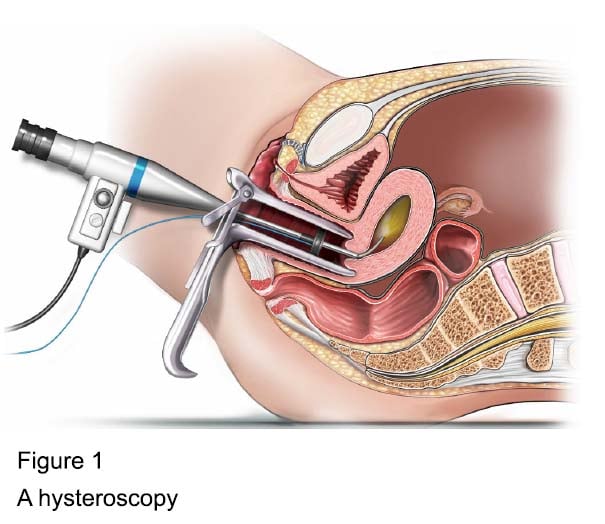What is an Endometrial Resection?
An endometrial resection is an operation to remove the lining (endometrium) of your uterus (womb).
What are the Benefits of Surgery?
The most common reason for having an endometrial resection is to relieve the symptoms of heavy periods (abnormal uterine bleeding). About a third of women who have the operation will not have periods anymore.
Are There Any Alternatives to Surgery?
Heavy periods can be treated using a variety of non-hormonal and hormonal oral (by mouth) medications. Other alternatives include an IUS (intra-uterine system - an implant containing a synthetic form of the hormone progesterone that fits in your womb) but these are usually tried before surgery is recommended.
Consultants and Clinic Times

Miss Rowena Bevan
MA (Cantab), MD, FRCOG Subspecialty Reproductive Medicine
Specialities
Gynaecology



Miss Michelle Mooy
MBChB, DFFP, MRCOG, FRCOG
Specialities
Gynaecology, Women's Health












